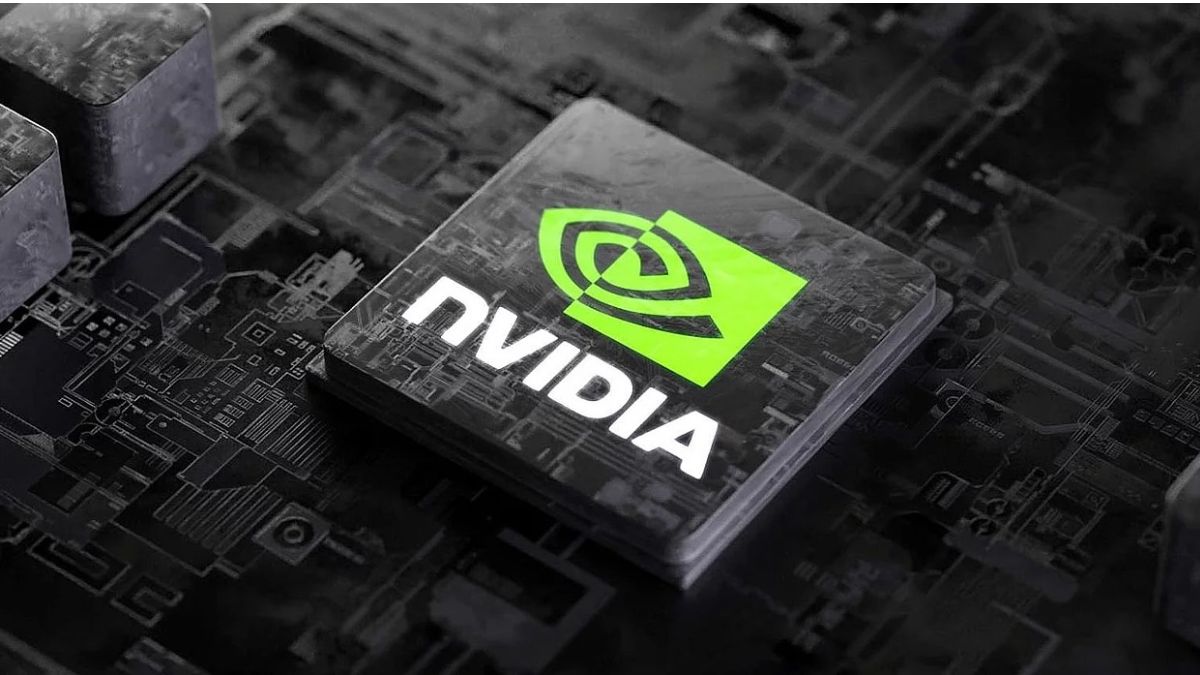Necessary Always Active
Necessary cookies are required to enable the basic features of this site, such as providing secure log-in or adjusting your consent preferences. These cookies do not store any personally identifiable data.
|
||||||
|
||||||
|
||||||
|

NVIDIA CEO is in talks with Trump on the company’s new B30A chip for China. According to Yahoo Finance, CEO Jensen Huang confirmed the talks on Friday August 22, 2025 while on a trip to Taiwan where he is meeting the world’s largest semiconductor maker, Taiwan Semiconductor Manufacturing Company (TSMC).
While responding to a question on the B30A chip for Chinese AI data centers, Huang said, “I’m offering a new product to China for AI data centers, the follow-on to H20.”
He was, however, quick to add, “That’s not our decision to make. It’s up to, of course, the United States government. And we’re in dialogue with them, but it’s too soon to know.” Huang’s visit to Taiwan comes just days before NVIDIA releases its earnings on Wednesday, August 27. It also comes soon after the chip manufacturer advised its suppliers to pause H20 chip production after China raised concerns over the chip’s security risks.
Though not as powerful as NVIDIA’s most advanced AI chips like the Blackwell, the new B30A AI Chip for China will outperform the H20. As NVIDIA’s H20 successor chip for the China market, the B30A chip is built on the Blackwell architecture.
Reports indicate that the chops operate at about 50% the speed of the company’s main B300 chips. The U.S. chip manufacturer cannot sell advanced chips to China due to Washington’s national security concerns.
Huang appreciated the step taken by the U.S. government in July 2025 to lift the chip export ban introduced in April, allowing Nvidia to resume H20 chip sales to China. The move was part of wider trade talks that saw Washington and Beijing.
In July 2025, China and the U.S. agreed to an initial trade framework to ease rare-earth export controls and relax chip export curbs. Earlier this month, the U.S. government introduced a new policy that will see NVIDIA and AMD share 15% of their revenue from China-related chip sales with the government.
Although Huang did not speak directly about the revenue share, he said his company appreciated the fact that it could sell H20 chips in China. NVIDIA ordered 300,000 H20 chips to boost its inventory in response to rising demand from Chinese firms soon after the U.S. government paused the chip export ban.
NVIDIA is exploring a new China AI chip with the U.S. government at a time when Chinese authorities have alleged that its chips pose serious security issues. Recently, the country’s internet regulator, Cyberspace Administration of China, alleged that American AI experts had said the NVIDIA graphic processing units (GPUs.) have “mature tracking and location and remote shutdown technologies.”
The issue saw Chinese authorities summon NVIDIA representatives to explain the security risks and provide documentation. Huang said the allegations surprised the chip maker and that the company was engaging the Chinese authorities to reassure them that the chips have no security backdoors.
“We have made it very clear and put to rest that H20 has no security backdoors. There are no such things. There never has. And so hopefully the response that we’ve given to the Chinese government will be sufficient,” he said.
Sources close to NVIDIA say the company has asked its suppliers, including Samsung Electronics, Foxconn and Amkor Technologies to pause production of H20 chips. While responding to a question on this matter, Huang told reporters that the chipmaker had a significant stock of H20 chips ready and was waiting for orders from Chinese buyers.
A statement by an NVIDIA spokesperson further said, “When we receive the orders, we will be able to purchase more. We constantly manage our supply chain to address market conditions. As both governments recognise, the H20 is not a military product or for government infrastructure.”